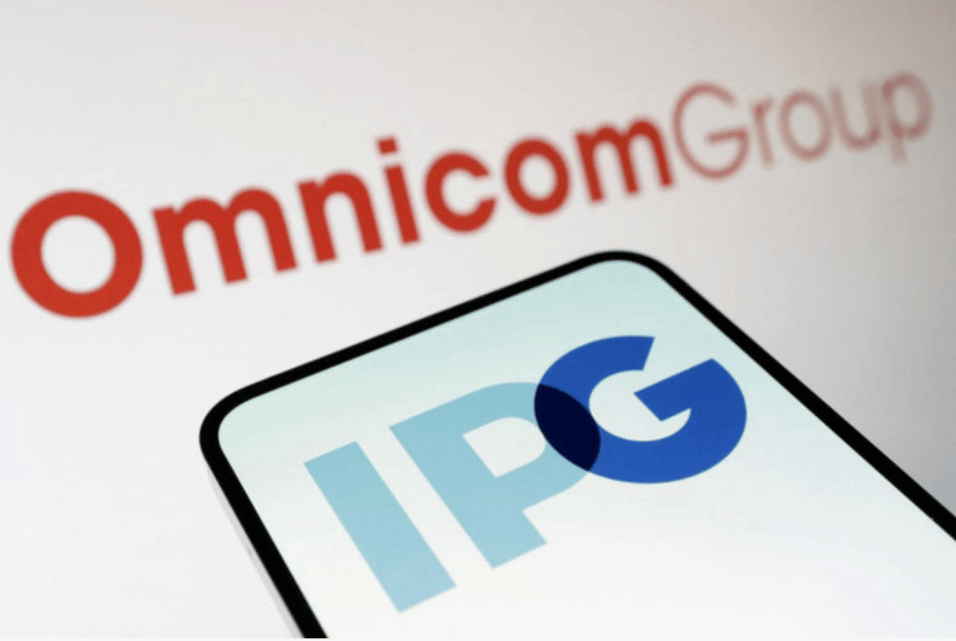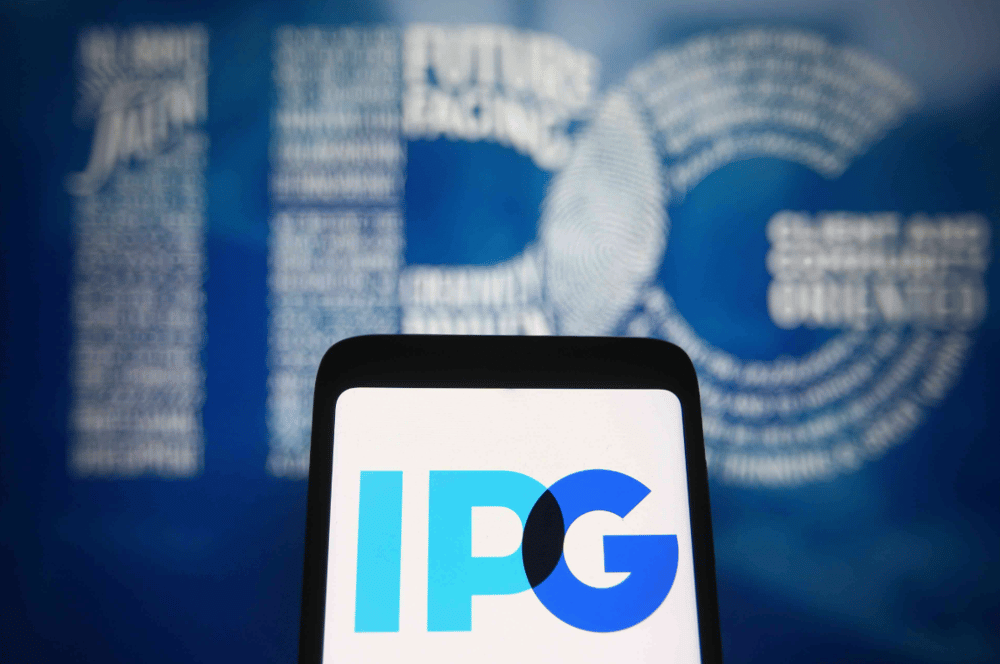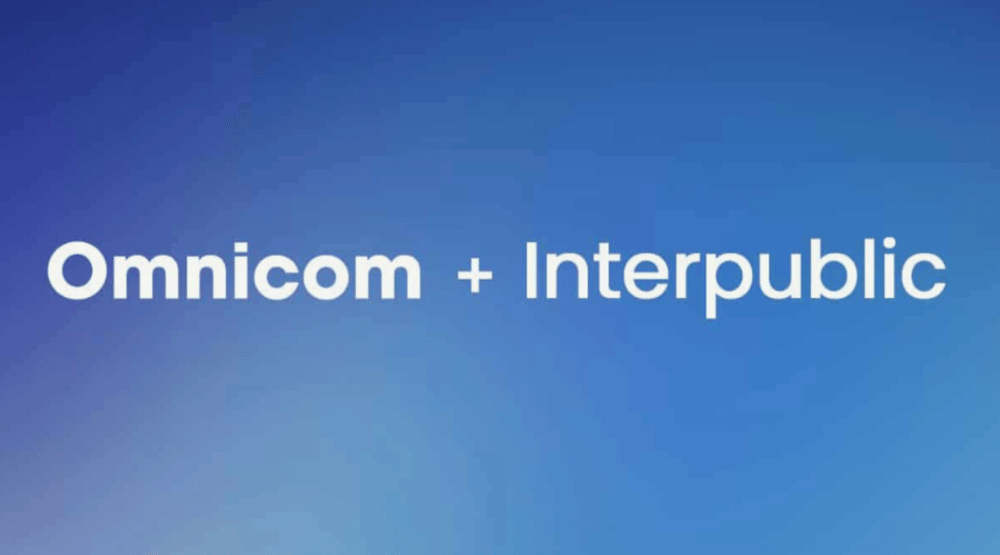Omnicom – Interpublic $13.25B Merger Faces FTC Scrutiny Over Political Content Restrictions
The proposed $13.25 billion all-stock merger between Omnicom Group Inc. $OMC and Interpublic Group of Companies Inc. $IPG, two of the world’s leading advertising conglomerates, has attracted heightened regulatory attention. According to a New York Times report published Thursday, the U.S. Federal Trade Commission (FTC) may impose behavioral conditions on the combined entity—particularly restricting any potential boycott of media platforms based on political content.
This regulatory development comes amid rising tensions between corporate advertising practices and content moderation policies on digital platforms, spotlighting the influence of mega-agencies on public discourse and digital monetization.
Impact of Merger and FTC Oversight
The Omnicom–Interpublic merger, announced in December, would create the world’s largest advertising agency, reshaping competitive dynamics across the marketing, media, and data analytics sectors. The combined firm would control billions in global ad spending, exerting significant sway over digital platforms such as Meta $META, YouTube $GOOGL, X (formerly Twitter), and emerging streaming channels.
The FTC’s reported concern focuses on content neutrality, specifically whether the merged company could pressure platforms through ad budget allocations to limit or prioritize content based on political alignment. Such practices, regulators fear, could undermine competitive fairness, restrict free expression, or create systemic advertising bias.
While the merger itself has not been blocked, the conditionality under review may include consent decrees or structured oversight, ensuring the agency does not coordinate ad boycotts based on political criteria.

Quick Facts
🤝 Deal Size: $13.25 billion (all-stock)
📆 Announcement Date: December 2024
🏢 Companies: Omnicom Group Inc., Interpublic Group
🌐 Combined Entity: World’s largest ad agency by revenue
🧑⚖️ Regulatory Concern: Political content bias in ad placements
🏛️ Regulator: U.S. Federal Trade Commission (FTC)
Extended Analysis: Market Reactions and Industry Perspectives
The equity markets have responded with caution. Since the merger’s announcement, shares of Omnicom Group Inc. and Interpublic Group of Companies Inc. have seen modest gains, reflecting investor optimism tempered by regulatory risk.
Advertising and media analysts suggest the FTC's potential restriction may signal increased regulatory intervention in media-tech ecosystems, especially where advertising power intersects with content governance. If imposed, the condition could set a precedent for future ad-tech mergers and compel broader compliance frameworks within holding companies.
The deal also reignites debate around advertising accountability, especially as agencies consolidate not only media buying but also first-party data, AI-driven targeting, and influencer ecosystems. A unified Omnicom-Interpublic entity could centralize unprecedented influence over content monetization strategies, raising strategic and ethical questions.

Key Developments
FTC may require neutrality guarantees, limiting political bias in ad purchasing behavior.
Omnicom–Interpublic merger would reshape agency market share, challenging WPP and Publicis.
The $13.25 billion all-stock structure positions the deal as capital-efficient, preserving cash flexibility.
Behavioral remedies, rather than structural blocks, reflect nuanced regulatory response.
Industry stakeholders call for transparency in algorithmic ad placement and content policies.
Strategic Realignment with Regulatory Guardrails
The potential FTC-imposed conditions on the Omnicom–Interpublic merger underscore a new regulatory lens being applied to communications conglomerates. As advertising firms gain not only market share but also cultural influence, regulators appear poised to ensure ideological neutrality, especially amid concerns of digital censorship or favoritism.
Whether or not these conditions materially alter the merger structure, the development highlights the increasing complexity of deal-making in sectors where media, technology, and policy converge. For Omnicom and Interpublic, regulatory compliance could become a prerequisite for unlocking the full economic and strategic benefits of consolidation.















Comments